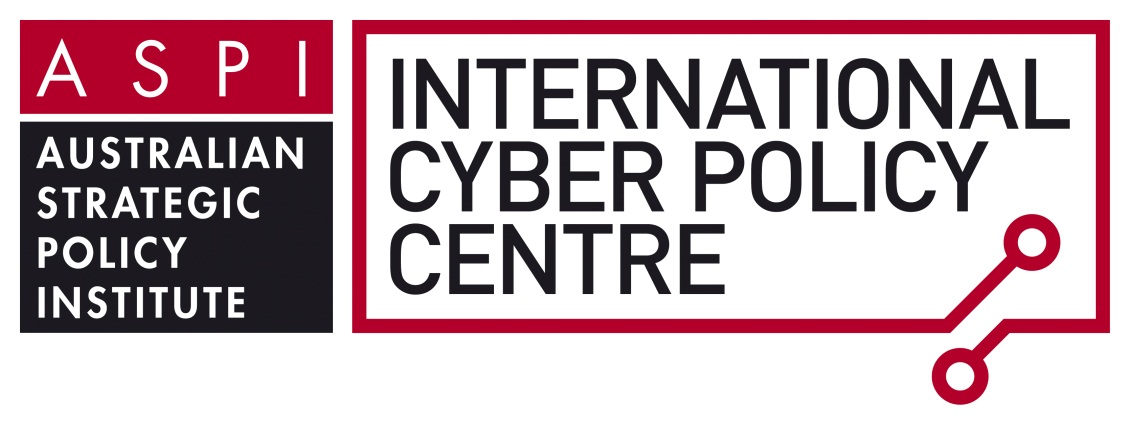Launching the ASPI International Cyber Policy Centre
The ability to leverage cyberspace is one of the twenty first century’s most important sources of power. State and non-state actors can use this power to achieve financial, military, political, ideological or social objectives in cyberspace or the physical world, to positive or negative ends.
Like most technologies, cyberspace is agnostic to politics and ideology, but is a powerful transfer mechanism for both. The twenty first century is going to be defined by the cyber domain. There will be a great responsibility to ensure that those that wish to exploit cyberspace for negative purposes are denied as much operating space as possible. This must be achieved without reducing the openness and freedom that the cyber domain has enabled.
However, due to the sheer number of different stakeholders in the cyber domain, policy solutions are going to require co-operative approaches which accommodate—where desirable—the various interests of those groups. But co-operation is difficult to achieve at present because of the significant divergence in behaviours at individual, national and international levels. In relation to state behaviour, there’s enormous variance in the ways states approach cyber space even within their own jurisdiction and this affects the way in which their citizens and private companies are able to interact with it. There’s also great diversity in how countries use cyber as a tool of external policy, with applications as wide ranging as business, espionage, warfighting or for development aid. It’s early days too, so there’s a lot of uncertainty about the long-term implications of these different activities.
Understanding these challenges and creating innovative solutions will be essential for government and private sector alike. In response to this need, ASPI is today launching the International Cyber Policy Centre (ICPC).
The ICPC brings together various Australian government departments with a responsibility for cyber issues, along with a range of private sector partners and creative thinkers to assist Australia in creating constructive cyber policies for application both at home and abroad. We aim to facilitate conversations between government, private sector and academia across the Asia-Pacific region and beyond to increase constructive dialogue on cyber issues, and to do our part in creating a common understanding of the issues and possible solutions in cyberspace.
The ICPC has four key aims:
- to lift the level of public understanding and debate on cyber security issues in Australia and around the Asia–Pacific region
- to provide innovative and high-quality public policy advice on cyber issues
- to provide a vehicle to hold Track 1.5 and Track 2 dialogue on cyber issues in the Asia–Pacific region
- to link different levels of government, business and the public in a sustained dialogue on cyber security.
To launch the ICPC, ASPI and the Commonwealth Bank will tomorrow stage a forum on the rapidly evolving cyberspace landscape, which will address the question: What is Australia’s current response to cyber security and how can economic productivity and cyber security grow concurrently into the future?
The panel will consist of David Irvine, ASIO, Malcolm Turnbull MP, Gai Brodtmann MP, John Lawler, Australian Crime Commission, Tony Sheehan, Attorney General’s Department, Gary Blair, Commonwealth Bank, Tim Morris, Australian Federal Police and Tobias Feakin, ASPI. The discussion will be facilitated by Catherine McGrath, Asia Editor at the ABC.
Strategist readers will be able to see a video of the forum on the ICPC website http://cyberpolicy.aspi.org.au from next week. We’ll give you a heads up here when it’s available, and we’ll be presenting a summary of the outcomes in a blog piece next Tuesday.
Tobias Feakin is a senior analyst at ASPI and Director of the International Cyber Policy Centre.


